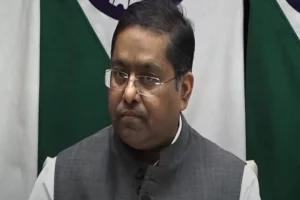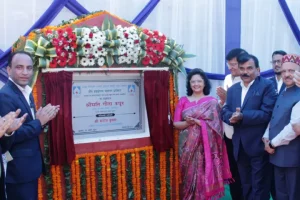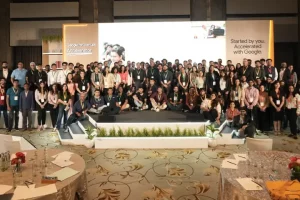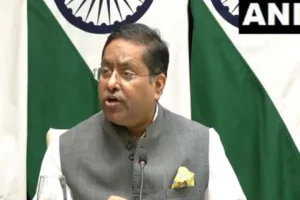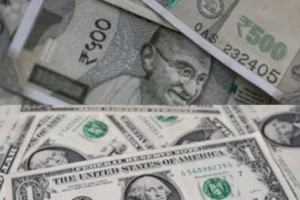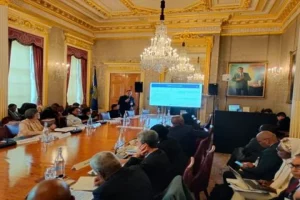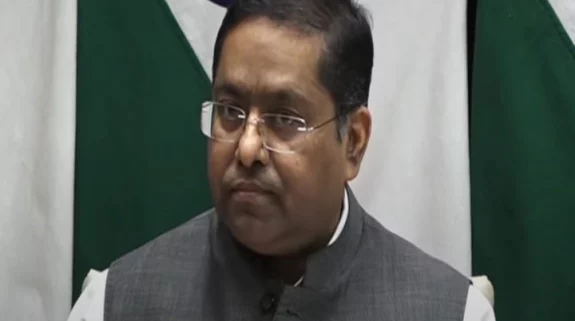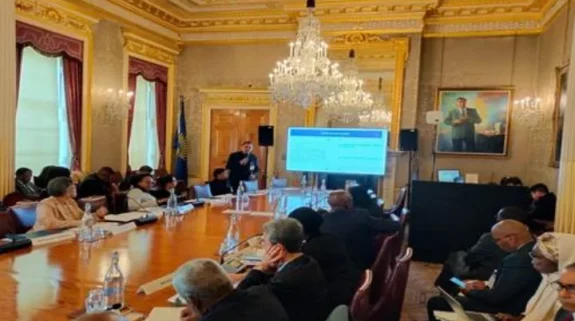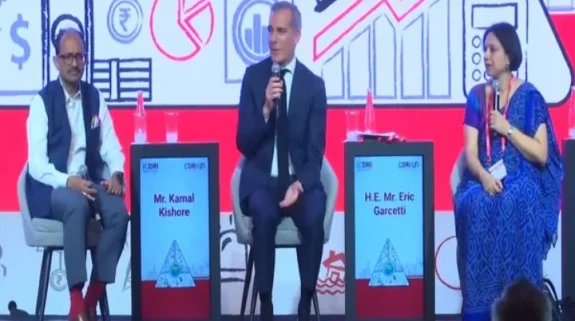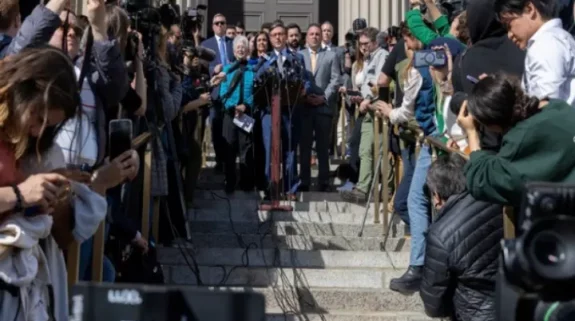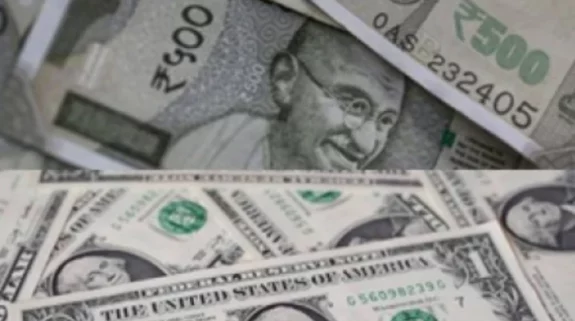The Narendra Modi government is finding it difficult to convince the leaders of the ongoing farmers’ agitation about the genuineness of the new farm laws, and this is primarily because most of these leaders are ideologically committed and politically motivated against the laws. Owing to their commitment and their motivation, they are impervious to facts and reason. A look at the profiles of the self-appointed champions of agriculturists makes it easy to comprehend the cause of the stalemate.
<a href="https://indianexpress.com/article/india/punjab-farmers-protest-delhi-govt-talks-7078678/" target="_blank" rel="noopener noreferrer"><em>The Indian Express</em></a> yesterday published the profiles of 35 representatives of the agitating farmers. About one-fourth of those whose affiliations are known are communists. Hannan Mollah, for instance, belongs to the All India Kisan Sabha which is affiliated to the CPM. He is also a CPM politburo member.
Similarly, Kulwant Singh Sandhu belongs to the Revolutionary Marxist Party of India. Other communists are Nirmal Singh Dudhike of the CPI (ML) New Democracy, Baldev Singh Nihalgarh of the CPI, Ruldu Singh Mansa of CPI (ML) Liberation, Major Singh Punnawal of the CPM, and Prem Singh Bhangu and Kiranjit Sekhon of the Marxist Communist Party of India (United).
Besides, there are leaders representing peasants’ bodies with names which usually communist front organizations have: Dr. Darshan Pal of the Krantikari Kisan Union (active in the Malwa region), Satnam Singh Pannu of the Kisan Mazdoor Sangharsh Committee, and Kanwalpreet Singh Pannu of the Kisan Sangharsh Committee.
The preponderance of communists in the movement is astonishing, for the two main parties, the Communist Party of Indian and the Communist Party of Indian (Marxist), were left with just four seats in the Lok Sabha in the 2019 general election—that is, less than 1 per cent of the total strength of the Lower House.
It, however, needs to be mentioned here that numbers were never on communists’ side in India. Their highest number was in 2004, but even then it was less than 15 per cent of the total strength of the Lok Sabha. And yet, they practically steered the Congress-led United Progressive Alliance for the four years which they supported it from outside. They succeeded in stopping the reforms wagon, killing privatization (which even the Modi regime has failed to resurrect), and imposing fiscally deleterious entitlements and economically ruinous regulations. In short, the intellectual and economic influence of communists is disproportionate to their actual political muscle.
Khwaja Ahmad Abbas, the well-known filmmaker, screenwriter, author, and a journalist, wrote in his memoir that communists want to dominate all platforms, including railway platforms. Abbas, a fellow traveler, wrote from his person experience. This seems to be happening at the negotiations.
For commies and kindred souls, liberalization of any sort is anathema. They are doctrinally opposed to the opening up of any sector—and this is exactly what the new farm laws intend to do. Therefore, convincing them about the goodness and efficacy of the new laws is akin to attempting a Pakistani cleric to agree to the abolition of blasphemy laws.
There are also farmers’ representatives who are close to the Congress and the Aam Aadmi Party. So, there is also political motivation apart from the ideological commitment.
Hence the stalemate..







